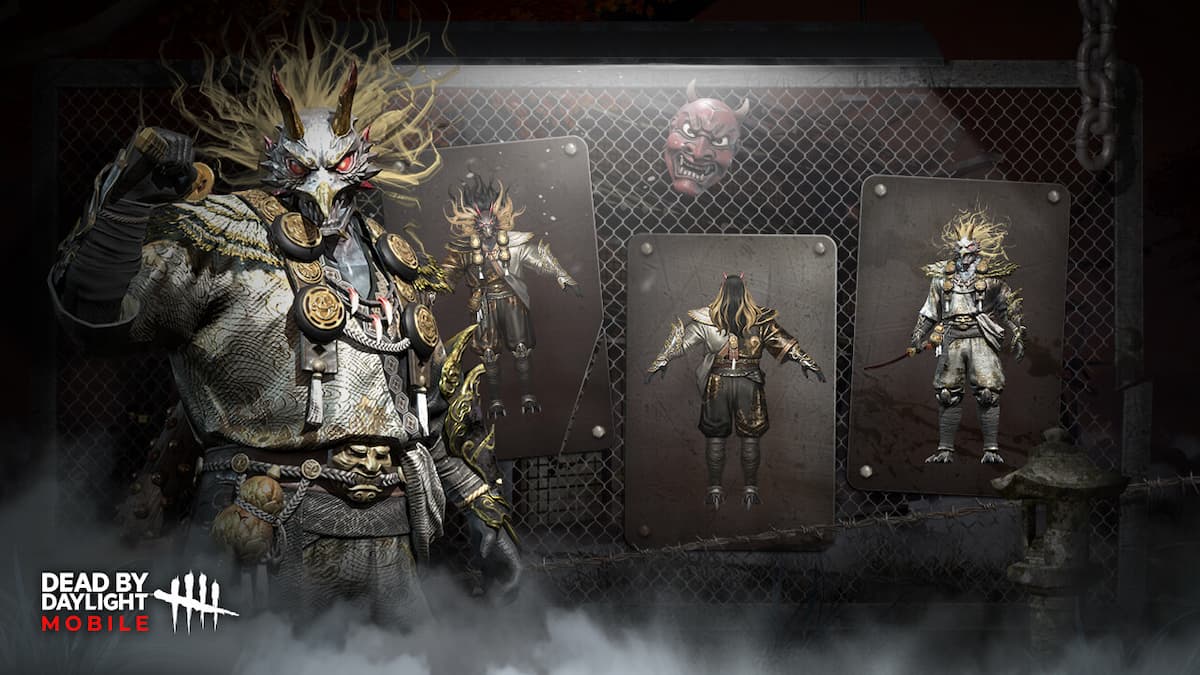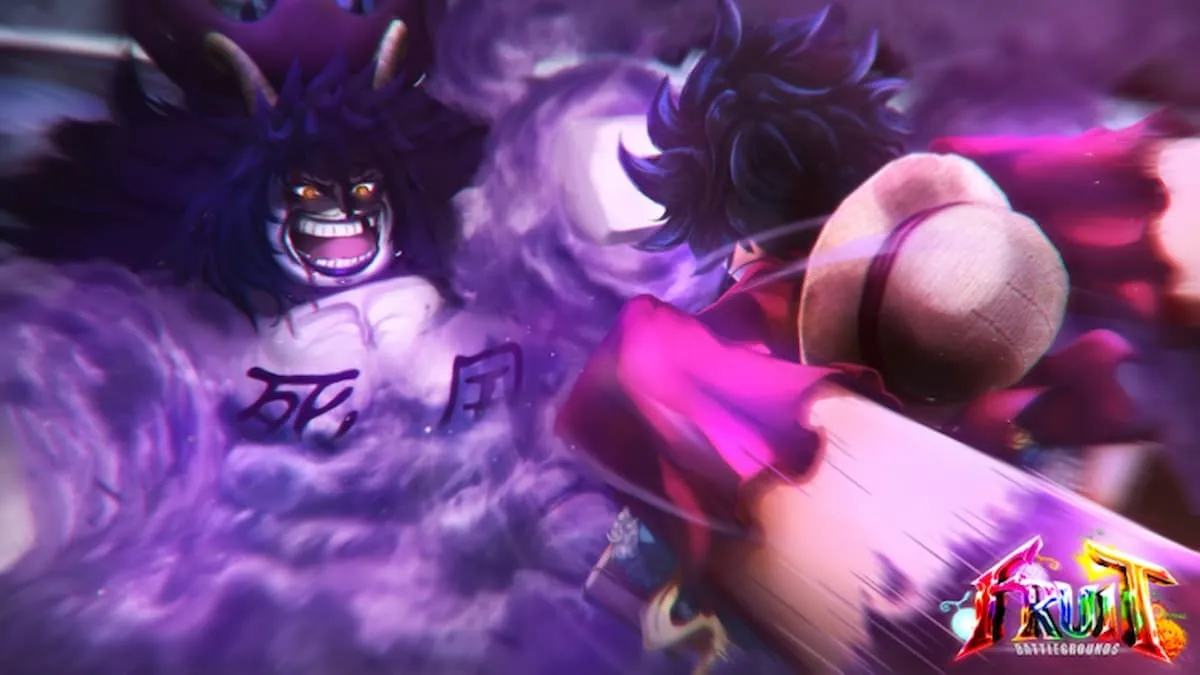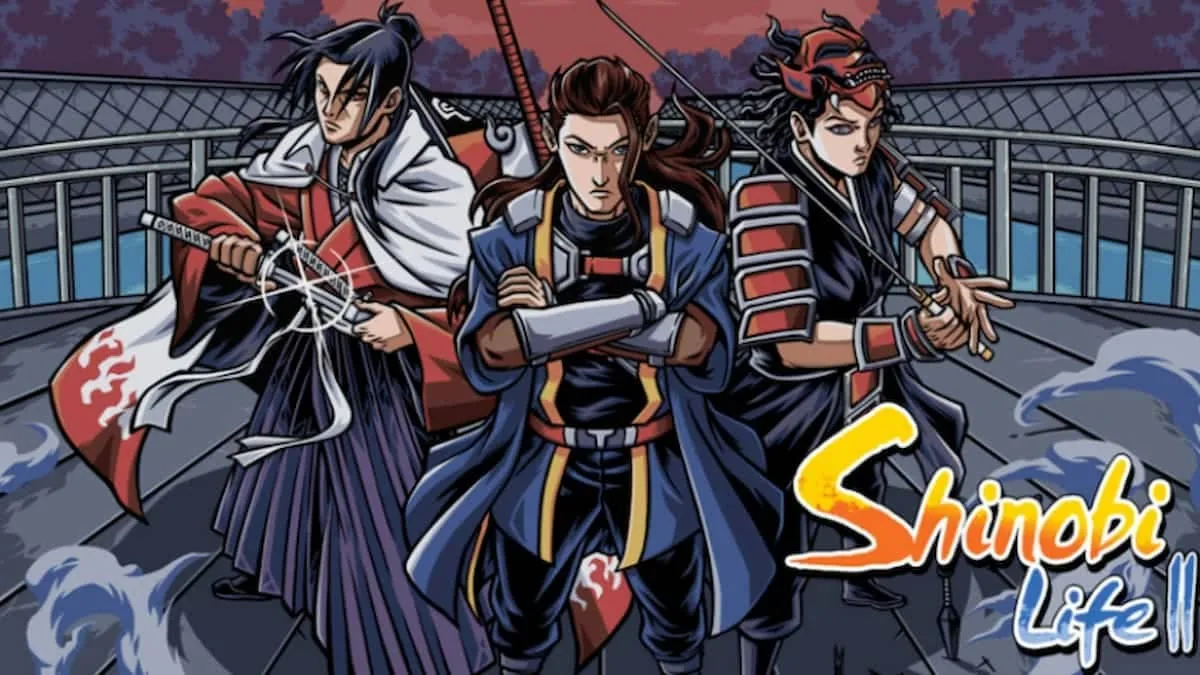Ah, character creation. That uniquely pleasant experience that’s normally entirely disconnected from the gameplay. Leave it to Fromsoft, of course, to hold themselves to higher standards. If you’re longing to know which class you should select to improve your odds of survival, here’s a handy guide for all you newbies and vets.
Picking the right class is arguably more important in Dark Souls II than the first game. That’s because, unlike the original, most of the treasures you find early on in the sequel won’t be remarkable equipment (Dragon Crest Shield anyone?).
You’ll probably spend 2-4 hours relying on your starting gear, especially if you go in “blind.” On top of that, your first levels won’t come nearly as easily as in Dark Souls. Pick an Explorer, and you’d better get used to that dagger.
That being said, don’t stress over it too much. Ultimately you’ll be able to invest however many points you like into whatever suits your playstyle. That said, let’s get started.
Warrior
Pros: High strength, dex
Cons: Low stamina, equipment load, adaptability
A well-rounded melee character that starts with solid defensive gear. Most likely to be able to pick up a weapon and use it with minimal investment. Don’t over-value that shield though; there’s one close to the start.
Knight
Pros: High adaptability and HP; good strength. Sweet-looking armor.
Cons: Long way to go if you want to cast; doesn’t start with shield.
The Knight starts with a good weapon and everything a melee-oriented player could want. A solid pick for any bro (or sis!).
Swordsman
Pros: High dex. Both swords are excellent early weapons. Good light armor.
Cons: Low HP and equip load.
Dual-wielding is more viable in Dark Souls II than in the original, and the Swordsman makes the most of that. Be sure to try out the different options you have available to you by pressing or holding triangle (PS3) or Y (360). Both of the swords are good options depending on your situation.
Bandit
Pros: High dex, equip load; good strength. Possible kitchen pot for a helmet.
Cons: Terrible adaptability; no magic anytime soon.
The Bandit may start with a bow, but you’ll need to use it sparingly for the early scenarios in the game. No worries, though – the hand axe is an excellent melee option. Just don’t get your hopes up on casting those sweet, sweet spells.
Cleric
Pros: Miracles and good strength
Cons: Stamina? What’s stamina?
You’ll quickly discover that the enemies in Dark Souls II are big on slowly chipping away your health (in addition to the good ol’ one-shot thwomp/death-defying ledges/etc). With a limited ability to heal, you’ll be relying on that Heal miracle pretty often – and it will save you quite a few precious Lifegems.
Sorcerer
Pros: Solid magic user. Nice-looking robes.
Cons: Few options.
The Sorcerer is a good way to dive into magic immediately. Soul Arrow will be a reliable spell throughout the first portion of the game. Just don’t run out, lest you find yourself relying solely on your dagger.
Explorer
Pros: Lots of items, highly adaptable. Well-rounded.
Cons: Well-rounded but doesn’t stand out in any one aspect.
The Explorer is an oddball class, outfitted with plenty of consumable items and ways to get more. It doesn’t have magic or a high damage stat and it starts with a dagger – you may want to pass on this one unless you’re a more advanced player.
Deprived
Pros: Bragging rights.
Cons: All of them.
The Deprived starts out naked without weapons or equipment. I love that this is a perfect challenge run character, and I’m really glad From put it into the game. But… well… maybe not for a first playthrough. You’ll surely go Hollow.






Published: Mar 13, 2014 01:52 pm